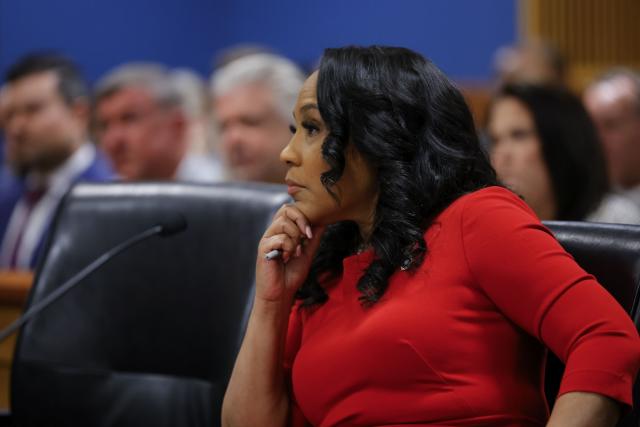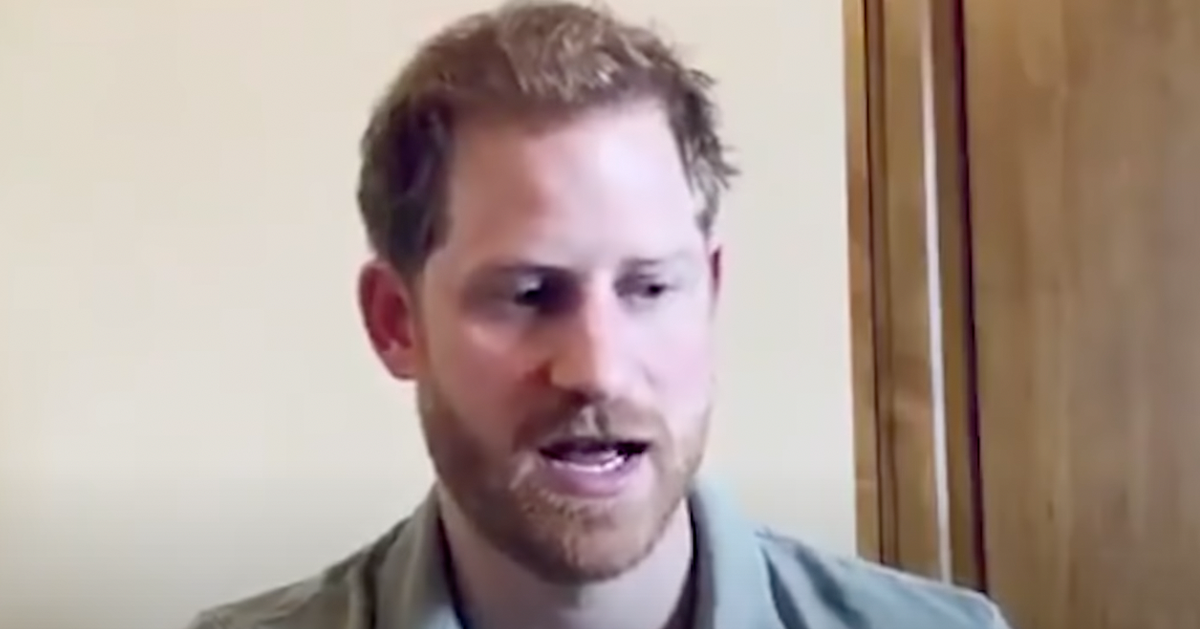MSNBC Host Criticizes Pelosi for Blocking AOC's Leadership Bid
MSNBC host Chris Hayes has openly criticized former House Speaker Nancy Pelosi for influencing the House Oversight Committee leadership race in favor of Rep. Gerry Connolly over Rep. Alexandria Ocasio-Cortez, thus hindering the rise of younger leadership within the Democratic Party.
This critique by Hayes highlights what he feels is a systemic issue preventing generational change within the Democratic Party's leadership, as the Daily Mail reports.
Behind the Oversight Committee Vote
Pelosi, aged 84, actively supported Connolly, 74, for the House Oversight Committee lead, influencing the outcome where Connolly received 131 votes against Ocasio-Cortez's 84.
Connolly, despite being diagnosed with esophageal cancer, is expected to perform his responsibilities effectively, raising issues about aging leadership and the need for younger voices in significant roles.
Democratic Leadership and Generational Shifts
Hayes criticized not just the vote but also the broader reluctance of Democratic Party leadership to incorporate younger figures into high ranks.
He connected this issue to historical contexts where aging leaders maintained their positions, such as Justice Ruth Bader Ginsburg's refusal to retire under Obama's tenure.
Ginsburg’s eventual death in 2020 resulted in a conservative shift at the U.S. Supreme Court when Amy Coney Barrett was appointed by then-President Trump.
This shift culminated in major legal changes, including the reversal of Roe v. Wade by the Dobbs case of June 2022, signifying what Democrats believe are profound consequences of not addressing leadership succession in a timely fashion.
The Issue of Aging Leadership
Hayes also pointed out President Joe Biden's aged-related communication challenges. Under significant internal party pressure, Biden withdrew from the 2024 reelection bid, leading to Vice President Kamala Harris's emergent campaign against Donald Trump.
This event was partly influenced by Pelosi, demonstrating her continued significant impact on the party dynamics.
“It feels like a moment of genuine madness,” Hayes remarked, critiquing the party’s tendency to opt for continuity over change.
He demonstrated his concern on multiple fronts, including Pelosi’s role in facilitating Biden’s withdrawal and influencing the Oversight Committee's leadership decision.
Hayes: Pelosi's Role and Party Reflection Needed
Hayes noted, “You would think that would have been enough for Democrats to start taking the age issue seriously, but it was not.”
He stressed that Pelosi ensured Connolly's victory by whipping votes, thus continuing to wield her influence even while recovering from hip surgery.
The detailed examination by Hayes into Pelosi’s actions offers a critical view of the Democratic Party's decision-making processes, revealing a pattern of resisting generational turnover that could hinder the party's evolution and adaptability in a changing political landscape.
Future Challenges for Democratic Party Leadership
These highlighted events have major implications for the Democrats, who face the complex challenge of balancing seasoned experience with innovative leadership.
Hayes’s insights suggest what he says is a critical need for the party to embrace a dynamic approach to leadership that can respond more effectively to modern political demands and demographics.
Understanding these generational needs is crucial, according to Hayes, for maintaining the party’s relevance and vitality in future political battles.





